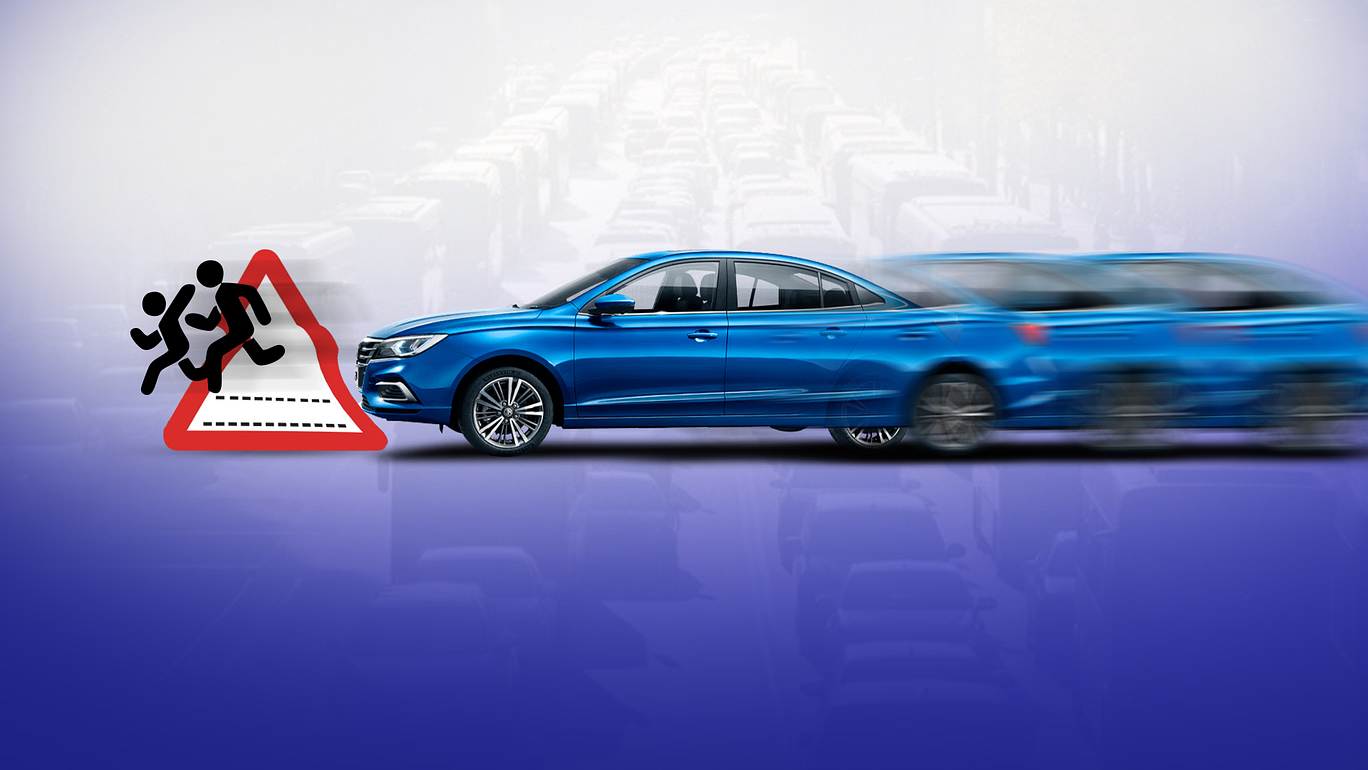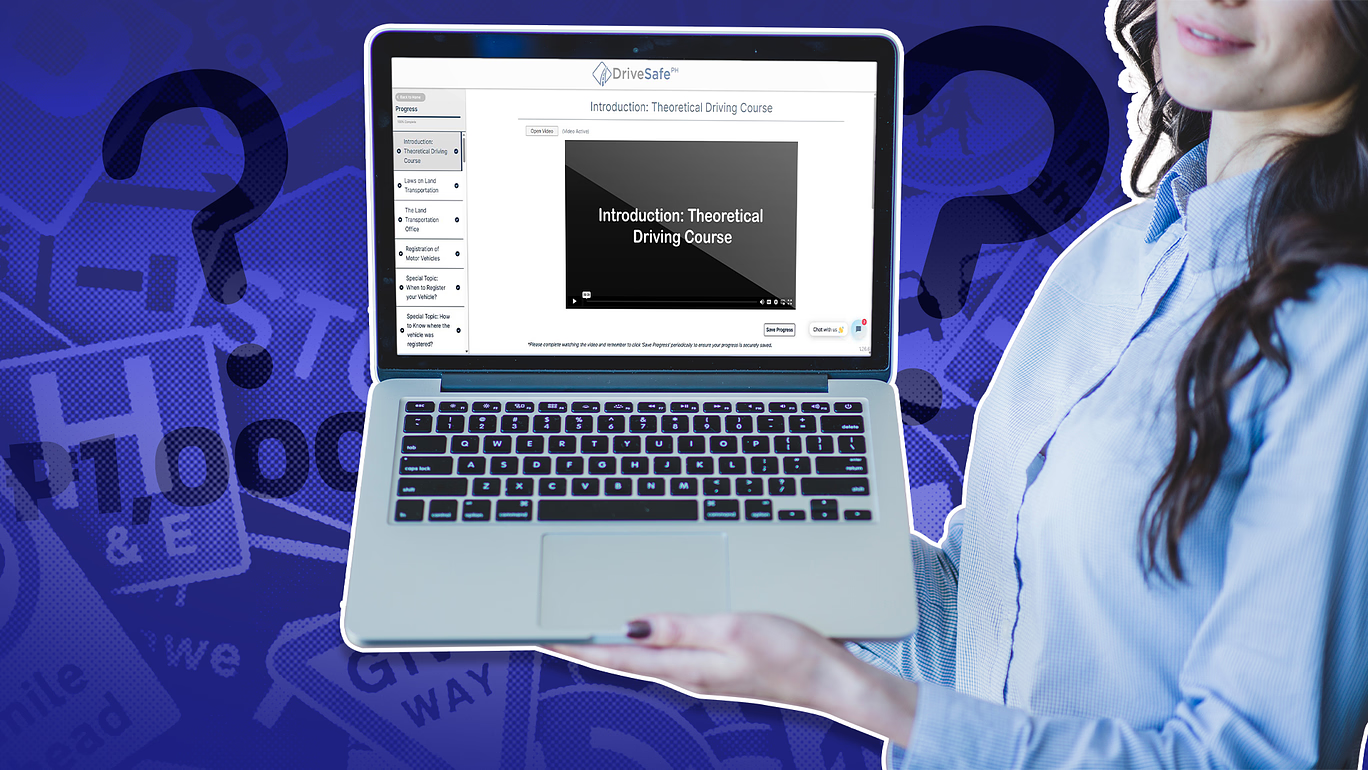In the Philippines, being a woman behind the wheel often comes with unwanted attention, unsolicited advice, and unfair treatment. While driving should be a basic life skill and a symbol of independence, many Filipino women are made to feel like they don’t belong on the road.
Every drive for a woman can feel like a test. Not of her skills, but of how much bias, judgment, and disrespect she’s expected to tolerate.
Women Are Still Seen as the “Exception” on the Road
Although more women today are driving than ever before, some people still act as if it’s unusual. A woman driving confidently is often treated like she’s showing off. Others assume she’s only driving because no one else is around to do it for her. These outdated attitudes reflect a deeper issue: driving is still considered a “man’s space.”
The Harassment Is Constant, and Often Dismissed
It’s not unusual for women drivers to experience catcalling, mocking, or even people taking unsolicited photos while they’re on the road, especially when alone. A woman driving with the window slightly open on a hot day might get shouted at by tricycle drivers or receive stares from strangers at intersections. It’s disturbing, but worse, many women feel they just have to put up with it.
Car Knowledge? Automatically Questioned
It’s also common for women to be second-guessed when talking to mechanics or filling up at a gas station. They’re asked if they’re “sure” about their choice of engine oil, or told things like “baka masira ang sasakyan mo.” These comments are not always malicious, but they’re built on the assumption that women don’t understand cars, which simply is not true. Plenty of women know how to maintain their vehicles, but are still not taken seriously.
Blame Always Falls Harder
When women get into minor accidents, they’re more likely to be blamed on the spot, even before the facts are clear. The reaction is often immediate: “Ah, babae kasi.” This gendered response reinforces the stereotype that women are less capable drivers, even though studies show that female drivers tend to be more cautious and law-abiding.
The Pressure to Stay Polite, Even When Provoked
Perhaps one of the most exhausting challenges is the emotional pressure. Women are expected to smile, stay calm, and not talk back, even when being shouted at, disrespected, or cornered. Standing up for themselves often leads to accusations of being overreactive or “emotional,” even when they’re simply defending their rights.
The Hidden Cost of Bias
What many don’t realize is that this constant tension is not only frustrating but can also be dangerous. Harassment and intimidation on the road distract drivers, increase stress levels, and make it harder to focus. For some women, this has led to anxiety behind the wheel, limiting their ability to drive freely.
Driving should be a neutral act. It should be about skill, not gender. Respecting all drivers equally means unlearning these harmful biases and recognizing that road safety and fairness go hand in hand.
Empowering Women Through Education and Awareness
This is why access to proper driver education matters. Learning the rules of the road and understanding one’s rights as a driver, regardless of gender, is empowering. The Online Theoretical Driving Course (OTDC) by DriveSafe PH is a flexible, accessible way for anyone to prepare for the road.
- 100% Online – Learn on your own time
- LTO-Accredited and Legit
- Can be taken on your phone, tablet, or laptop
- Built for first-time drivers, workers, students, and moms on the go
If you’re ready to take control and drive with confidence, start smart. Drive safe. Begin your journey with DriveSafe PH today.
For the latest updates on transport policies, road safety measures, and driving education, connect with DriveSafe PH:
✔ Follow us on Facebook for real-time updates: https://www.facebook.com/drivesafeacademy



